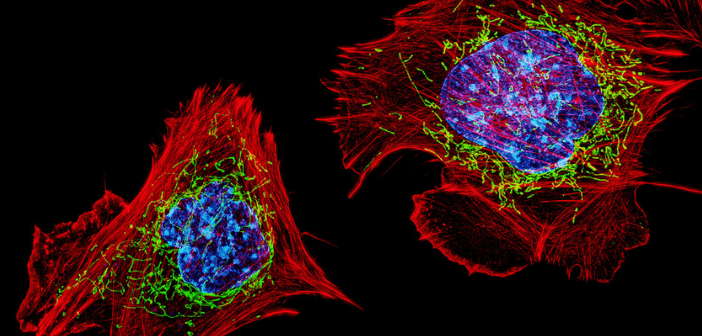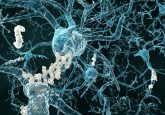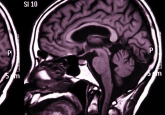Could repurposing a liver disease drug improve mitochondrial dysfunction in Alzheimer’s?

In a pioneering study, published in the Journal of Molecular Biology, researchers have revealed that a drug that has been used to treat liver diseases for decades could help to restore cells damaged by Alzheimer’s disease (AD). The researchers indicated that the drug – termed ursodeoxycholic acid (UDCA) – improves mitochondrial dysfunction, which is known to be a causative factor for both sporadic and familial AD. Mitochondrial abnormalities have been identified in many cell types in AD, with deficits occurring before the development of the classical pathological aggregations. The energy changes have been found in many different cells from people...




